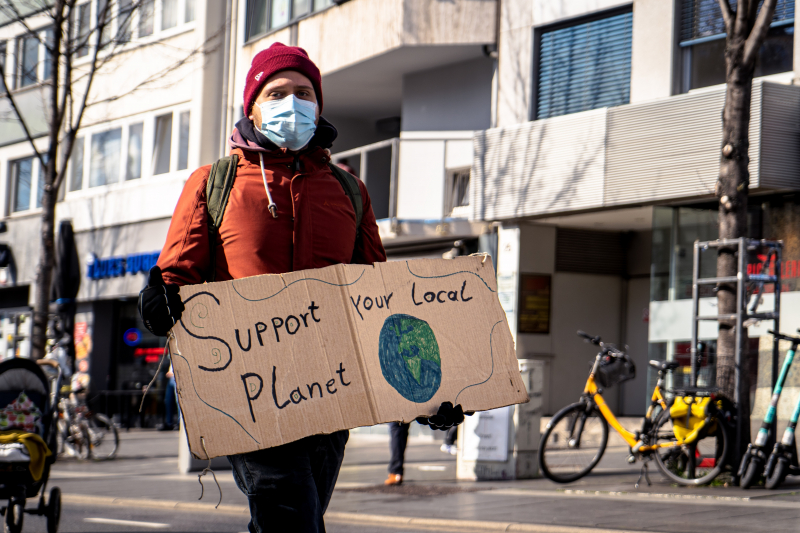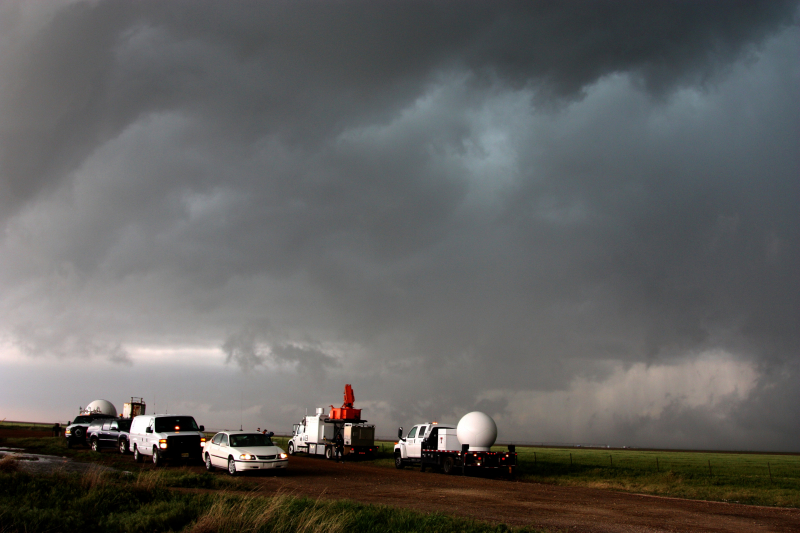Climate Change Skepticism
Topic: Analyze the controversies surrounding climate change skepticism, addressing the scientific consensus and political implications of climate change denial.
Answer:
Climate change skepticism has emerged as a contentious issue, creating a divide between those who acknowledge the scientific consensus on climate change and those who remain skeptical. This essay critically examines the controversies surrounding climate change skepticism, delving into the scientific consensus, and exploring the political implications of climate change denial. As we confront the global challenge of climate change, understanding the complexities of skepticism becomes essential.The overwhelming scientific consensus supports the reality of anthropogenic climate change. Research conducted by climate scientists and organizations, such as the Intergovernmental Panel on Climate Change (IPCC), consistently reinforces the understanding that human activities, particularly the burning of fossil fuels, contribute significantly to global warming. Climate change skeptics challenge this consensus, questioning the methodologies, motivations, and reliability of climate science.
The issue of climate change has become entangled with political ideologies, with skepticism often aligning with conservative political views. This alignment is influenced by concerns about economic implications, government intervention, and the perceived threat to individual freedoms. The politicization of climate change contributes to a polarized discourse, hindering collective action and policy implementation.
The influence of industries heavily dependent on fossil fuels further complicates the climate change debate. Sectors such as the fossil fuel industry have been implicated in funding climate change denial campaigns and lobbying against environmental regulations. The intertwining of economic interests and skepticism poses a challenge to crafting policies that address climate change effectively.
Media portrayal plays a significant role in shaping public perception of climate change. Skepticism is often amplified through media coverage that presents climate science as uncertain or controversial. The spread of misinformation and the lack of balanced reporting contribute to public confusion, hindering efforts to mobilize widespread support for climate action.
Despite the controversies surrounding climate change skepticism, the urgency of addressing climate change remains paramount. The consequences of inaction, from extreme weather events to rising sea levels, underscore the need for a united global effort. Bridging the divide between skeptics and believers is crucial for implementing effective policies, transitioning to sustainable practices, and mitigating the impacts of climate change.
In conclusion, the controversies surrounding climate change skepticism reflect a complex interplay of scientific understanding, political ideologies, economic interests, and media influence. Navigating this intricate landscape is essential for fostering informed discussions, challenging misinformation, and crafting policies that transcend political divides. As we confront the global challenge of climate change, the imperative is to unite diverse perspectives, recognize the urgency of collective action, and implement solutions that safeguard the planet for future generations.












